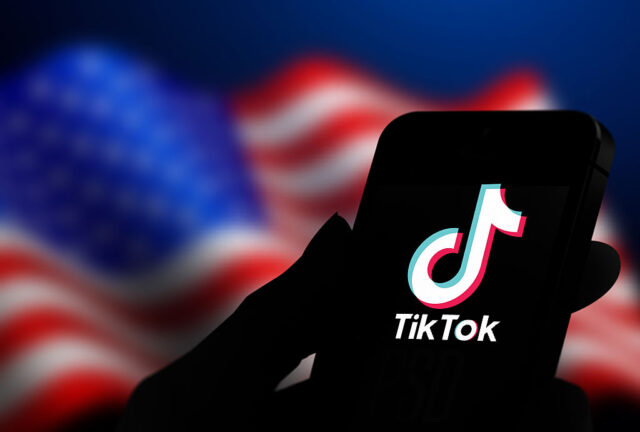Could Donald Trump possibly follow through on his campaign promise to save TikTok by finally making a deal that keeps the app operating in the US without compromising America's national security?
Outlook not so good.
Despite The Information reporting that a new version of TikTok is being prepped to launch in the US market this September, even Trump can't be sure the deal is imminent.
"We pretty much have a deal," Trump recently told reporters on Air Force One, suggesting that he thinks he will meet with China's president or another official on "Monday or Tuesday" to float the latest version of his deal. But asked if China was likely to agree to the deal, Trump admitted, "I’m not confident, but I think so."
According to Trump, the deal "is good for China" and the US, but China notably refused a prior deal, seemingly not because the deal wasn't "good" but because Trump's tariff threats derailed talks, CNN reported.
Currently, the US and China have struck a truce, but that doesn't mean either side has backed down from the trade war. And history may repeat itself if Trump continues lobbing threats at China while attempting to ink the deal.
Most recently, Trump announced plans to expand AI chip curbs to crack down on suspected semiconductor smuggling into China and threatened a 10 percent import tax on "any country aligning themselves with the Anti-American policies of" several countries, including China. The current truce may easily be shaken, as it also left "questions unanswered with regard to fentanyl trafficking and US exporters’ access to Chinese markets," the South China Morning Post reported. All of this suggests that there's much more left to iron out than just the framework for the elusive TikTok deal.



 Loading comments...
Loading comments...
